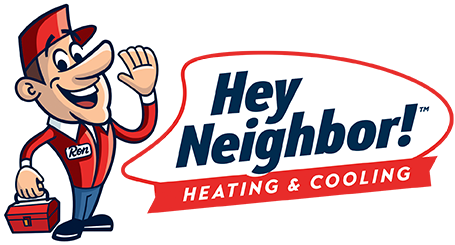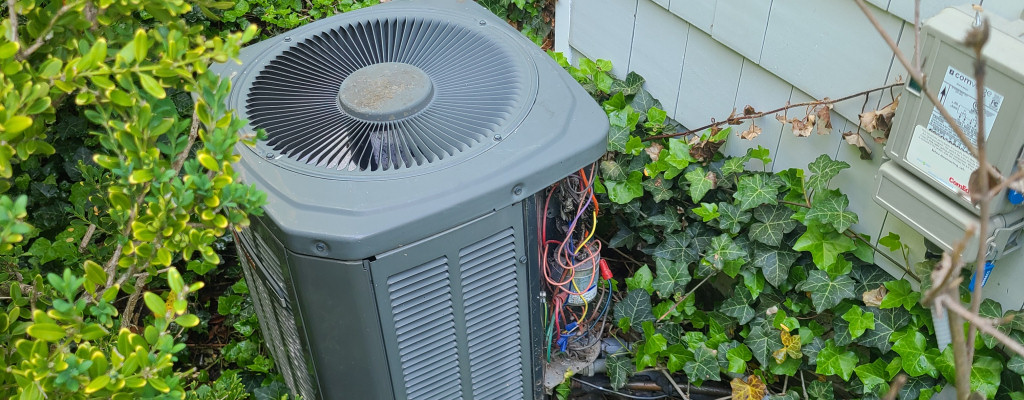Given that energy costs are rising across the United States, we’re all looking for ways to reduce our monthly energy bills. In some areas, electricity rates have increased by over 15% in the last year alone. Here’s one way to save: the most effective air conditioners consume far less energy than the least efficient models, resulting in significant monthly savings.
You can use a variety of strategies to increase the efficiency of your central air conditioning system, from simple adjustments to make your home a more comfortable place, to investing in high-efficiency equipment when it’s time for a total system replacement. All the answers you need to begin living a more efficient and comfortable life immediately are available to you right here in our blog. Let’s look at each one in depth.
SEER rating
You may have heard of SEER but don’t know what it means in regard to your air conditioning. It’s short for Seasonal Energy Efficiency Ratio. Basically, it’s a measure of an AC unit’s energy efficiency when converting input energy into cooling performance. The higher the SEER rating, the more efficiently the AC operates.
Currently, the minimum SEER on cooling systems allowed by law is 13. However, units are produced with ratings much higher than 13 as well, offering enhanced efficiency. Therefore, checking the SEER value of an air conditioning system is a crucial step when considering a system replacement.
When upgrading to a new air conditioner, look for one with the best SEER value your budget can bear. Spending a little more on the most energy-efficient air conditioning system you can afford now will help you enjoy tremendous energy savings over your HVAC system’s lifespan.
Thermostat setting
The efficiency of your air conditioner is strongly influenced by the temperature programmed into your thermostat. The larger the temperature differential inside your home versus the outside world, the more taxing it’ll be on your air conditioner. Put another way, the hotter it is outside and the cooler you want it inside, the more energy your AC will use.
Setting your cooling system around 76-78 degrees is a good compromise between comfort and efficiency. Avoid lowering your thermostat below 72 for lengthy periods, and never try to cool your home rapidly by setting the thermostat much lower. Doing this will overwork your air conditioner, resulting in higher cooling costs and potentially causing a breakdown.
To achieve even greater efficiency, set the temperature lower when you’re at home and higher when you’re away – but not too high! This provides significant energy savings without working your AC too hard when you return home again.
Air ducts
If your ducts are filthy, clogged, or in poor repair, your air conditioning system won’t be able to distribute that nice, cooled air effectively and will lose efficiency. Aside from being mindful about air conditioning maintenance, it’s wise to have your ducts inspected once a year and cleaned as needed. This approach will allow you to get the most out of your air conditioner for better circulation and temperature consistency.
Poor airflow
If your AC isn’t able to “breathe” easily, your air handler will have to work hard, which consumes a lot of power. Poor airflow can have a variety of causes, including the ductwork issues we mentioned above, a filthy air filter, a problem with your condenser unit, and more.
A best practice is to clean or change your air filters monthly, keep the area clear around your outside condenser unit, and have your AC system examined by our certified experts to keep your energy bills low and avoid airflow problems.
A dirty AC coil
When dirt builds up on your system’s evaporator coil, it stops the unit from effectively transferring heat. This makes removing heat from your home difficult, if not impossible, for your central AC and will waste a great deal of energy. Instead, keep your coils clean with our seasonal Preventative Maintenance Program, which has benefits that go far beyond saving energy.
The wrong filter
Generally speaking, while the cheapest HVAC air filters will get the job done, they’re not ideal. Upgrading to a high-efficiency air filter helps your system achieve maximum efficiency by doing a better job of keeping airflow open, helping minimize dust build-up at the same time. However, they’re often more expensive, so plan your budget accordingly.
Neglecting regular maintenance
Your air conditioner, like any other machine, needs periodic care to continue running effectively in the long run. Small problems can become big headaches if they aren’t addressed, and the efficiency of your system may plummet. So, mark it on your calendar each year – schedule a professional AC tune-up! Your family and your monthly energy bills will thank you for it.
Trust Hey Neighbor Heating & Cooling to preserve your AC’s efficiency
Do you want superior air conditioner performance while also conserving energy? The air conditioning specialists at Hey Neighbor Heating & Cooling are professionally trained and perform a wide array of HVAC maintenance services to homeowners across Northeast Ohio each year. Request service online or give us a call today!


Comments are closed